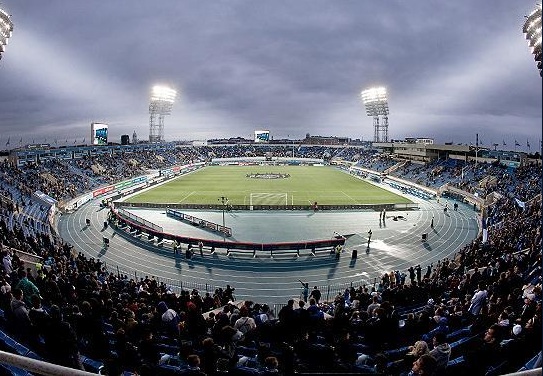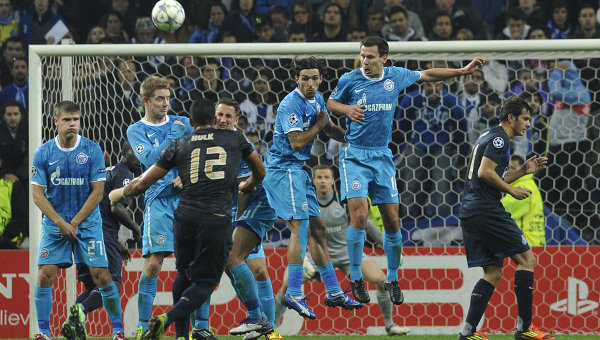¿Por qué los equipos rusos o ex soviéticos no rinden en Champions?

La Champions aparece de nuevo en escena este martes y lo hace llegando a su momento cumbre: las eliminatorias a doble partido. Analizando los 16 equipos que aún quedan en competición, aparece en el cuadro todavía el Zenit de San Petersburgo, el único equipo ruso presente todavía en la máxima competición continental.
Y en Rusia, nos detenemos porque a lo largo de la historia de la Champions nunca un equipo ruso o soviético ganó la competición y yendo más allá, ni siquiera llegó a disputar la final. En total, diez países han logrado la Copa de Europa (incluidos Rumanía, Serbia, Escocia, Holanda o Portugal) pero no los rusos que siempre han caído antes de tiempo. El Spartak de Moscú llegó a disputar las semifinales en 1991 de la mano de Radchenko y Mostovoi pero nunca pasó de ahí. El CSKA incluso llegó a ganar la Copa de la UEFA en 2005 convirtiéndose en el primer equipo ruso en lograr un título europeo pero en Champions nunca llegó a la instancia definitiva. Tampoco el Zenit, campeón de la UEFA de 2008 y la Supercopa de Europa de ese mismo año.
Con jugadores de talento y hasta poder económico en los últimos tiempos, ¿por qué los equipos rusos o soviéticos fracasan en la Champions año tras año? Son diversas las causas, pero en Colgados por el Fútbol repasamos las más destacadas:
1- El clima. Habitualmente la liga rusa paraba en invierno durante un largo período y en febrero los equipos rusos o soviéticos afrontaban la competición faltos de ritmo no pudiendo mantener el buen nivel de la fase de grupos. Ello ha hecho que el calendario se retoque y se adapte a Europa pero aún así no se puede luchar contra el General Invierno y se ha de parar de jugar al menos dos meses en diciembre y enero.
2- Falta de estrellas. Los equipos rusos suelen gozar de buenos jugadores, pero tienen un problema. Cuando sobresale uno, éste prefiere irse al extranjero a brillar en ligas más competitivas y de más nivel, donde ganar más prestigio y dinero, si bien esto está corrigiéndose en los últimos tiempos.

3- Una liga poco competitiva. Al hilo de lo que hablamos, la Premier rusa tiene mucho que mejorar a nivel táctico y técnico. Hay unos pocos equipos de alto nivel y el resto está a años luz de España, Italia o Inglaterra. Así es todo más difícil. Se necesita una competición más exigente, sino se cae en los errores de Escocia, Holanda o Bélgica. En busca de esa competitividad, se quiere retornar a la disputa de la liga soviética.
4- Carácter muy díscolo. El jugador ruso o soviético es por lo general un futbolista de talento pero irregular, que en ocasiones resulta anárquico. Esa anarquía les hace ser capaces de dar lo mejor, pero en ocasiones, también, lo peor.









